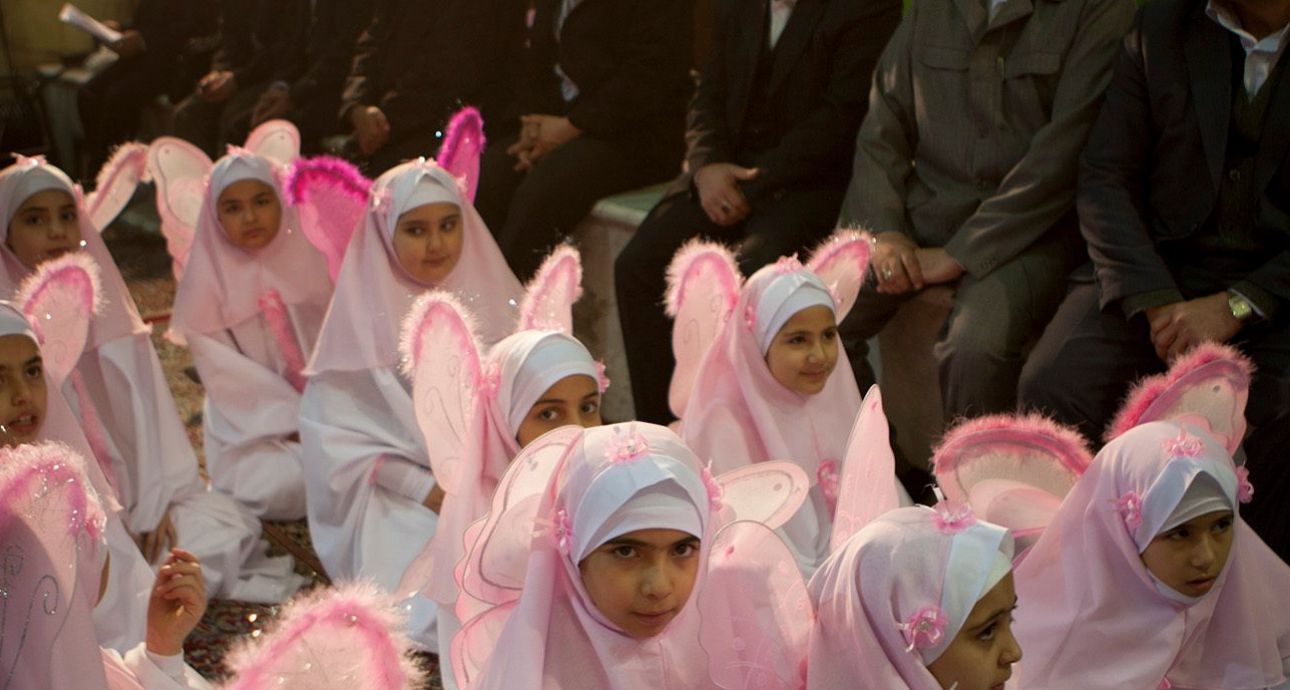
Bird in Flight Prize ‘21 Jury member Newsha Tavakolian: “The easiest way to make yourself known is to play on stereotypes”
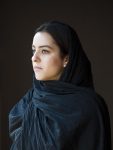
Born in Iran and a member of the Magnum photo agency, Newsha is a jury member of Bird in Flight Prize ‘21. She explores the society of her homeland and human conflicts in the near and far abroad. Her works can be found in Victoria and Albert Museum collections, the British Museum, and the Sackler Gallery.
I was recently approached by a Western academic who wanted to interview me about my work. She asked for a short version of my biography, so I sent her my most recent CV. When a third-party editor sent me the final text for fact-checking, I noticed that the wording had been altered, and certain terms were added to my bio. These terms specifically reflected a type of essentialist terminology that I consciously try to avoid. In this text, I will explain why that is the case.
Let us see the statement that I originally sent her:
“[…] Her work ranges from both reportages of political events to sensitive portraits and evocative series on socially engaged topics including issues of middle-class youth, female Kurdish fighters, or the impact of sanctions on individual lives.”
Now let us take a look at the rewritten text sent to me for fact-checking:
“[…] She focuses on conflicts in many forms; at times concentrating on women, for instance, her coverage of the repression of women in Iran…”
A simple comparison of the above texts reveals instances of reductive simplification, which might be understandable from an academic point of view: mainly because article writing requires one to be clear and direct about the subject matter. But I am taking issue with how this reductive rewriting caters a sense of essentialism and stereotyping.
When the seemingly simple phrase “repression of women in Iran” replaces a longer sentence reflecting the range of my work, the audience’s understanding of my work shifts significantly. The term “repression” is loaded with a heavy baggage of socio-political implications and irrevocably labels me as a photographer from a suppressed background who has chosen only to cover suppression.
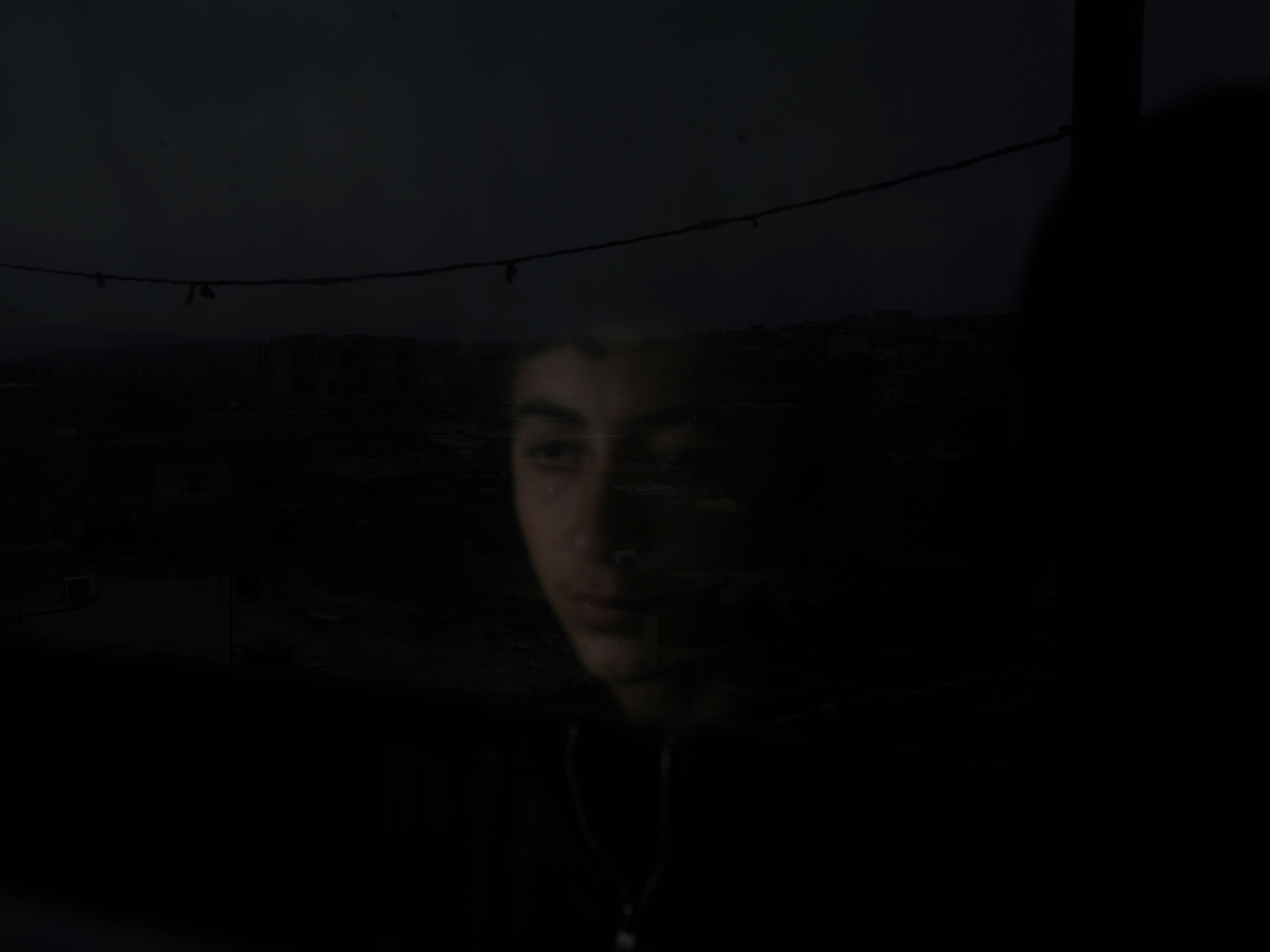
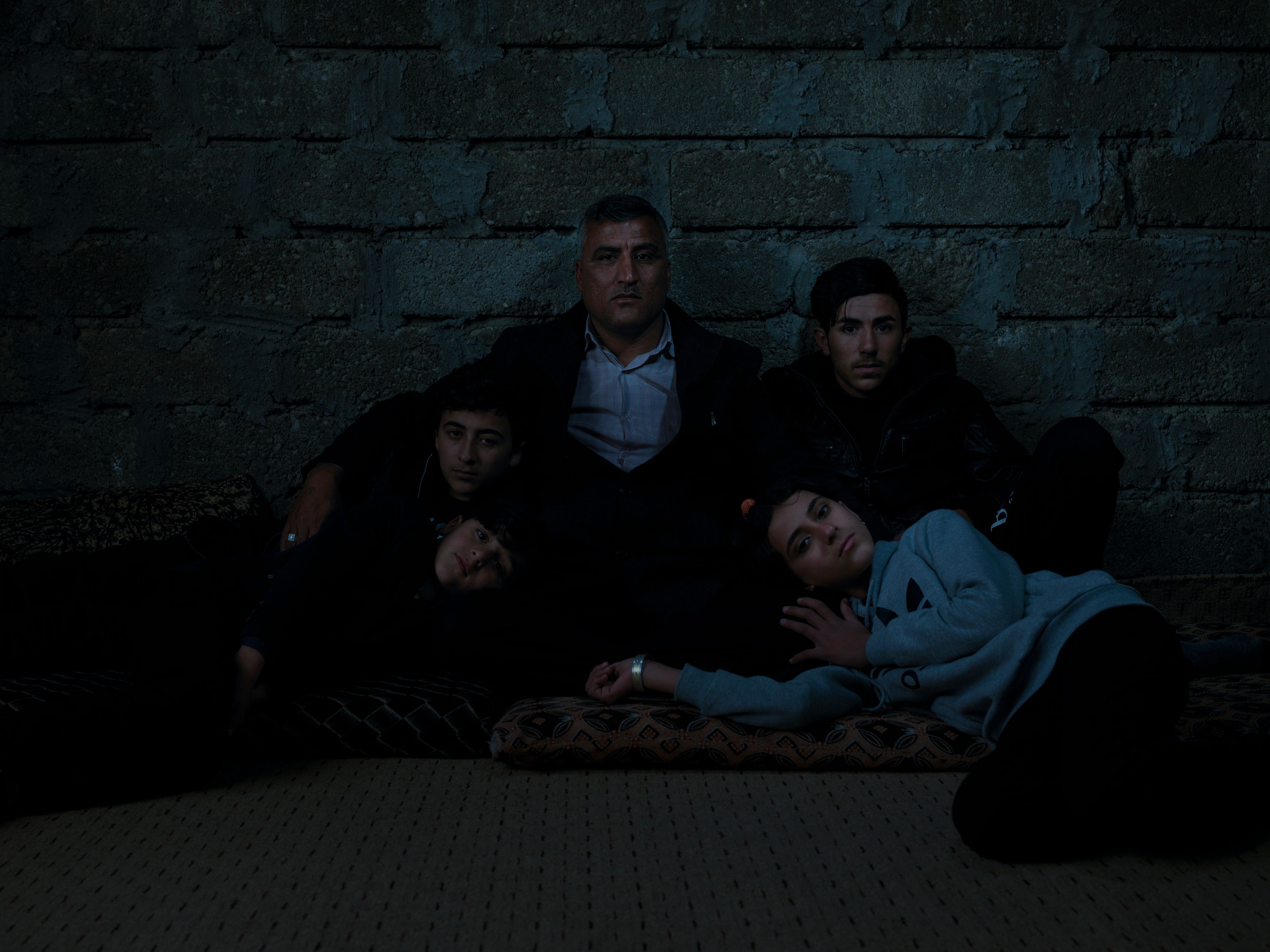
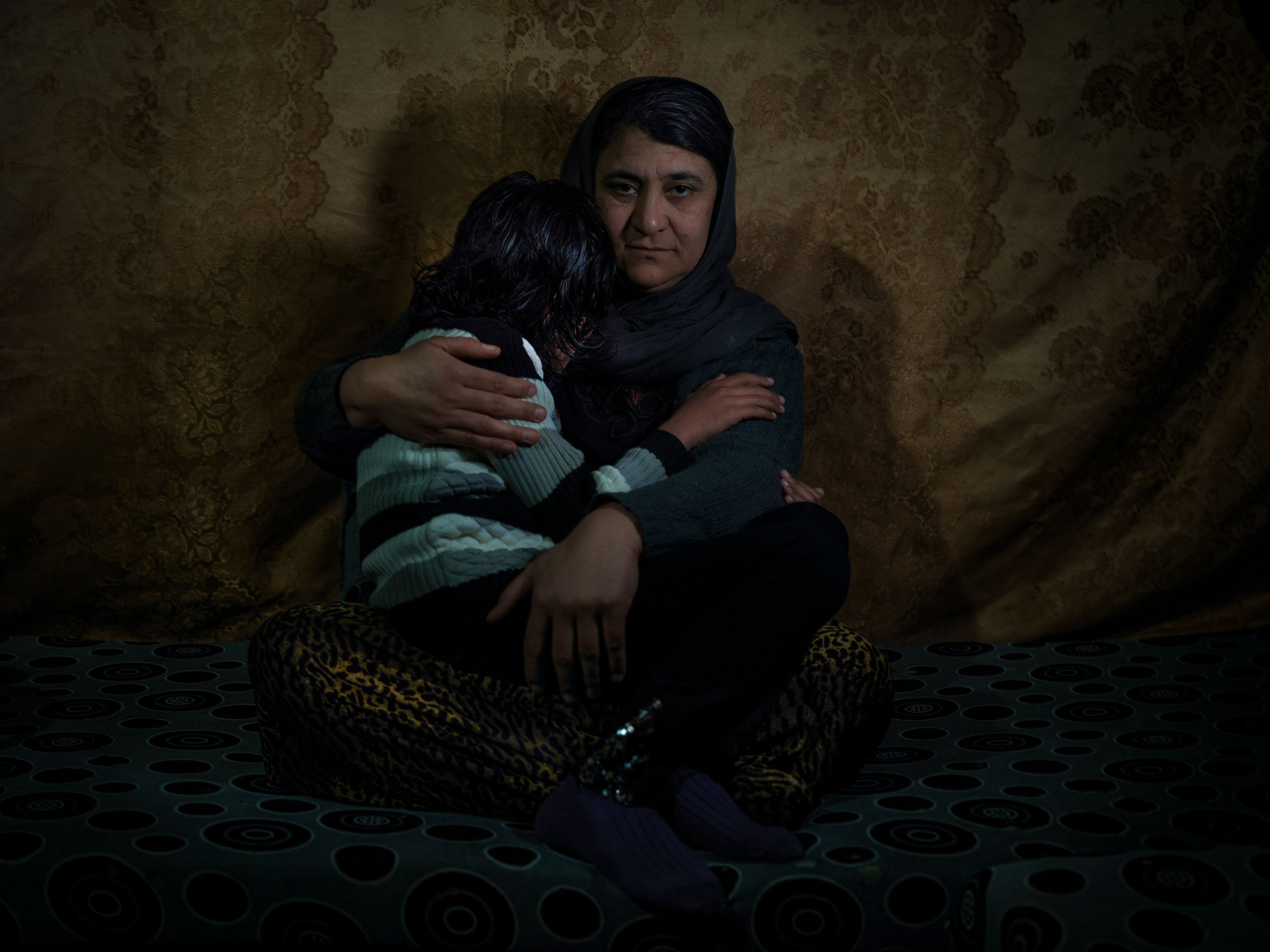
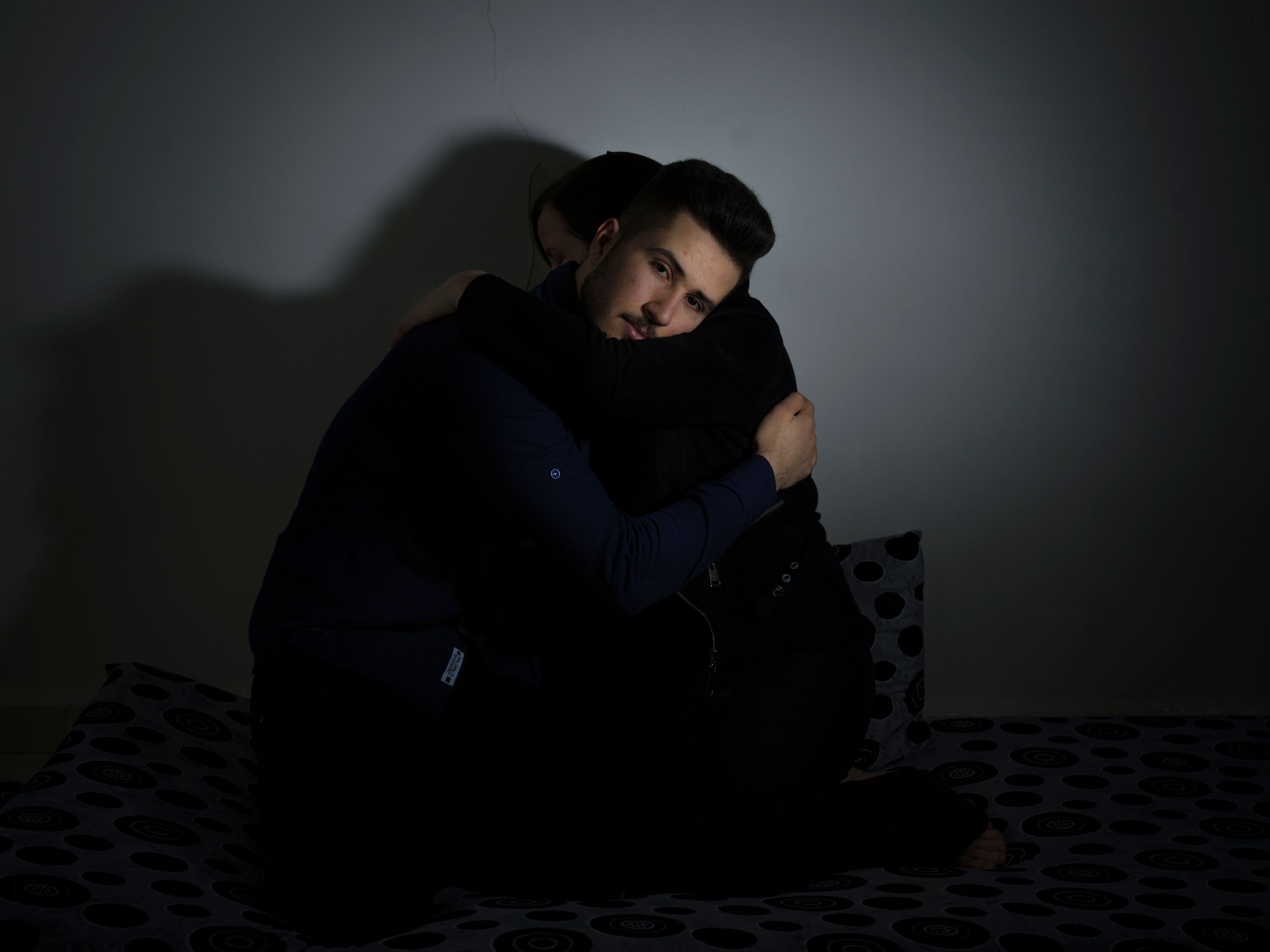
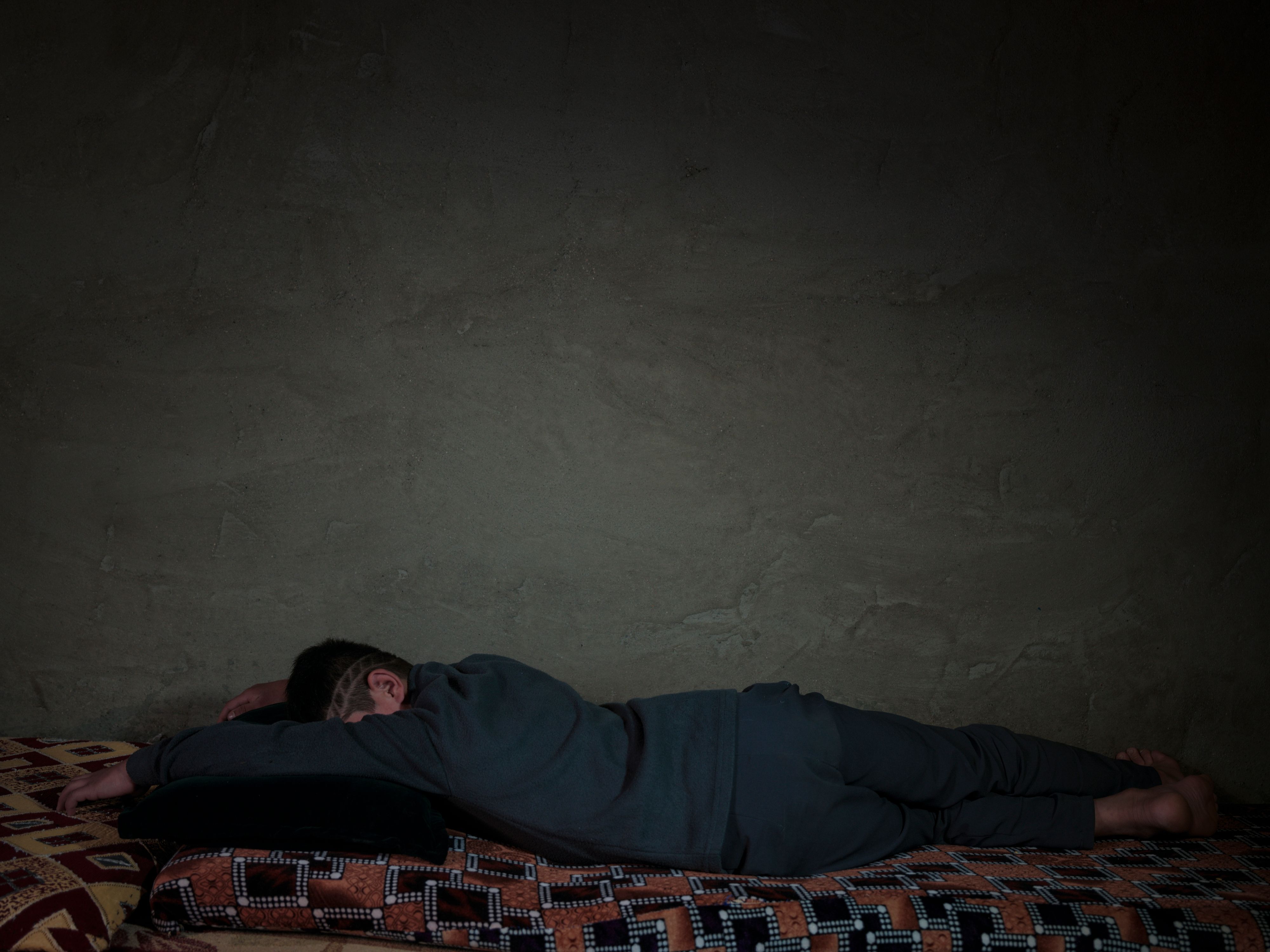
Newsha Tavakolian "ISIS' Yazidi Child Soldiers"
Yet, this is not how I see or define myself. Yes, I am from Iran. I do acknowledge that I have approached the issue of women’s repression in Iran. For instance, my 2010 project LISTEN covers female singers who are not allowed to sing in public. But that does not define the full scope of my work. It is merely one of my many projects.
Being a Middle Eastern woman attracts a type of unwanted attention – let us not call it pity.
I should note that this is not simply a personal matter for me. I take my case as an example that reflects the predetermined notions imposed upon many of my peers. This unwarranted labeling reflected through terms such as oppression, or suppression, means that female photographers from certain nationalities are expected to only cover women’s repression. Such labels take away all the layers from one’s work, destroying the photographer’s individuality and forcefully reshaping the viewers’ perception.
My concern is not language or diction per se. Instead, I worry about the way these two elements can misrepresent a photographer’s work and effectively the subjects they work with. As a photographer, I choose to focus on what interests me. The problem is that being a Middle Eastern woman attracts a type of unwanted attention – let us not call it pity – which surpasses any true intentions one might have. In my career, I have rigorously tried to rise above the reductive identity that politicians, journalists, and academics adamantly try to impose on certain regions, and specifically on women from those regions.
In the contemporary world, where communication is facilitated through technology, it should not be this easy to impose labels, and it should not be this difficult to counter those labels. When they label you or your work, if you do not challenge those labels, your future work becomes entangled in a web of stereotypes that is pretty hard to shed. Earlier in my career, at a time when my command of the English language was not good, I was not able to communicate well with the outside world. Therefore, on the one hand, it was much easier for people to put words in my mouth, while on the other hand, I had a hard time clarifying my concerns to avoid such misunderstandings. But over time, I have learned to clearly communicate the sensitivities that arise from my work.
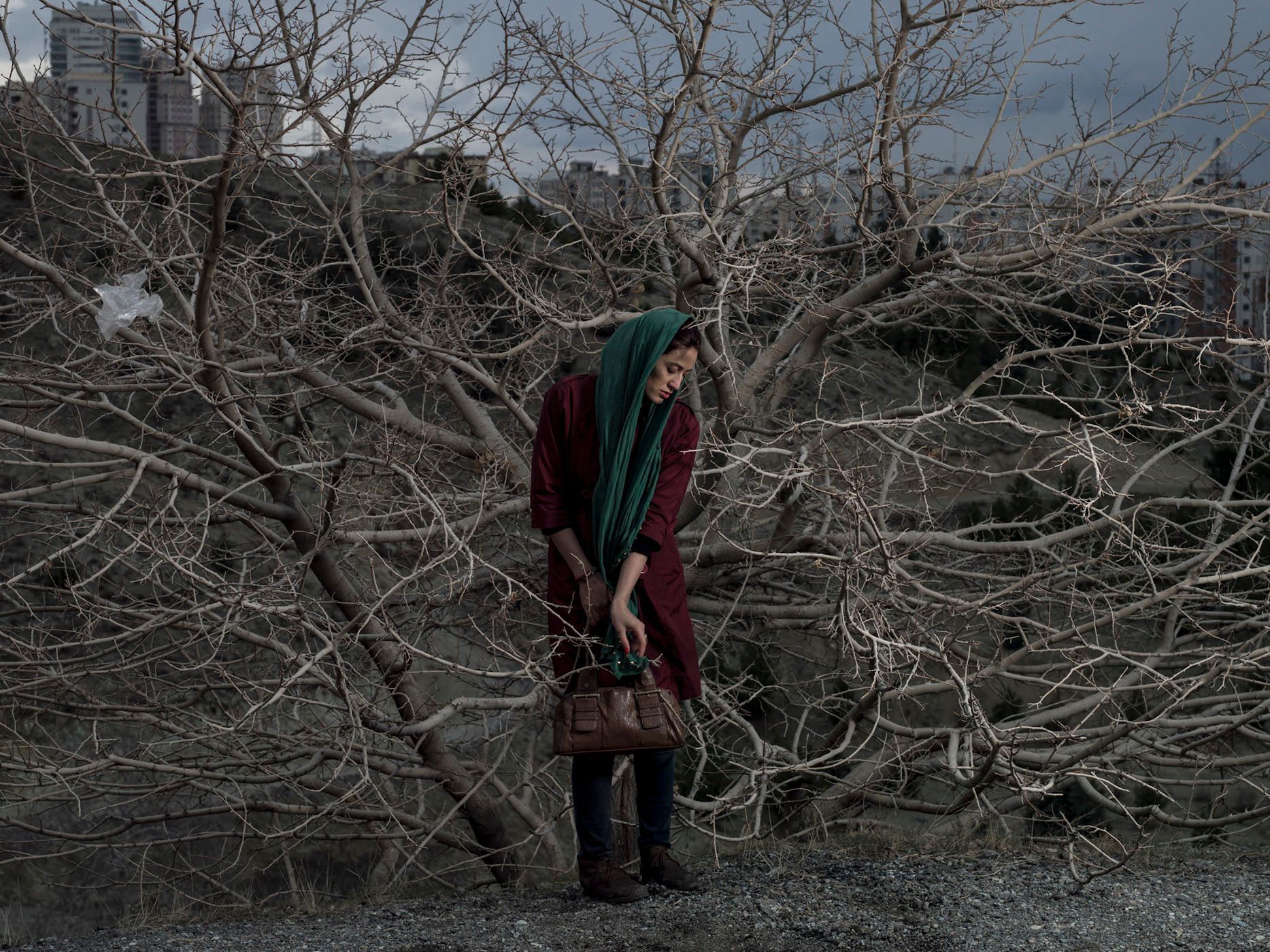
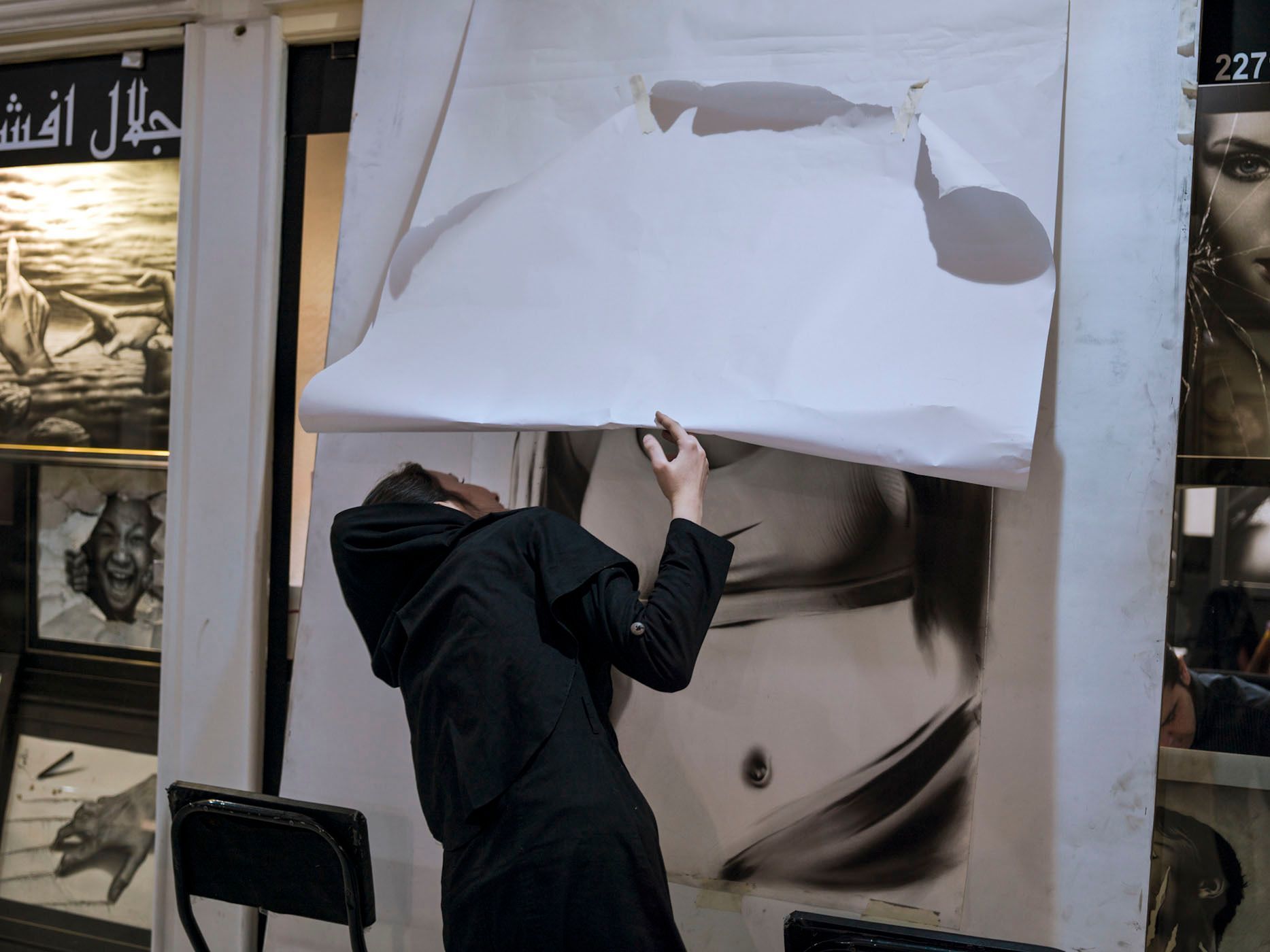
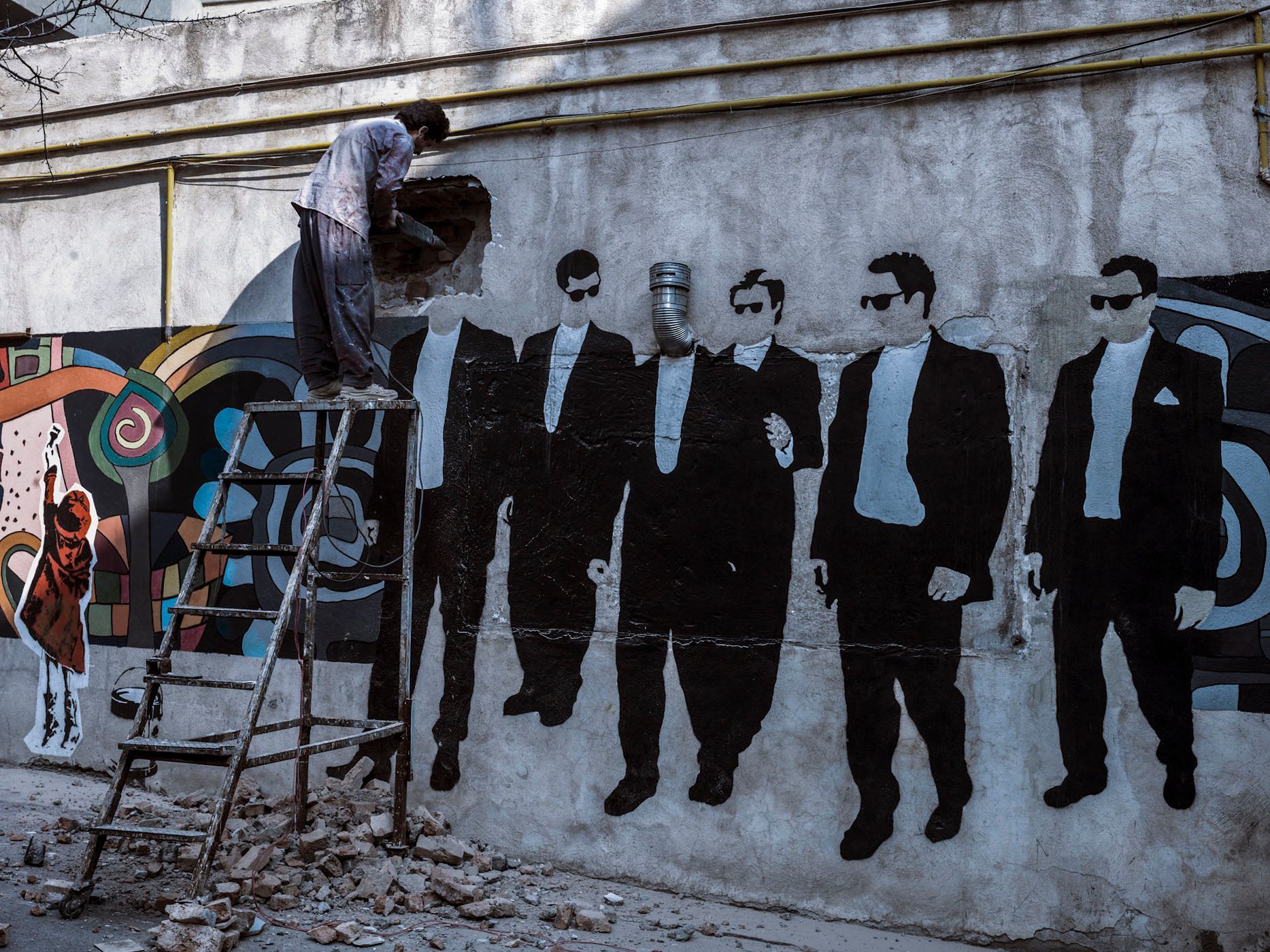
Newsha Tavakolian "Blank Pages of an Iranian Photo Album"
Despite its positive intentions, the recent surge in pro-women activism in the Western world fails to recognize the complicated ways such issues are approached outside the West. For example, an issue that might be a hot topic of discussion in the U.S. can be very sensitive in a society drastically different in cultural politics. As a photographer or artist in a non-Western country, you constantly have to balance between the pre-assumptions from the outside and how your own society views your work.
My gaze remained on the surface of my homeland’s society.
Now let us look at this issue from a different angle. In Iran, in order to avoid the largely dismissive approach that targets women, one needs to choose an intricately subtle tone for expression. Of course, you can try to express your challenging viewpoints bluntly and impatiently move forward like a fountain that may reach high but will soon land back in its original spot. But over time, you will learn that what helps you survive and move forward is being extremely aware of the circumstances and flowing like water, but at a slow and steady pace.
For many photographers, the easiest way to be recognized is to play into these stereotypes. Platforms are so limited that many photographers are forced to reach out by catering to specific tastes. I am no exception. During the first years of my career, working for western media was to show the contradictions in my society, but at one point, I realized that I had been repeating the same things for years and years. By repeating, I saw nothing change inside myself, and my gaze remained on the surface of my homeland’s society. So I started questioning myself. What have I achieved? Have I changed any perspectives or only played into the fetishes some have about Iran?
So I stopped doing that. I realized the only way I could get more layered in my work is to do something that is close to my heart and show Iran first to its own people and then perhaps to other audiences. Those who live here and speak the language don’t buy any of these fetishes; for them, these are cliches.
No matter where you come from, the Middle East, Africa, or Latin America, when you come up with a project, imagine how it will be viewed by the people that are the subjects of that project. Are you challenging them or enhancing a cliche?
The academic that rewrote my biography was not aware of these complications. But I do not blame her for this; I see it as the responsibility of me and those like me to continue explaining, clarifying, and educating instead of ranting on social media. This can help the younger generation work without labels, like their counterparts in Western countries.
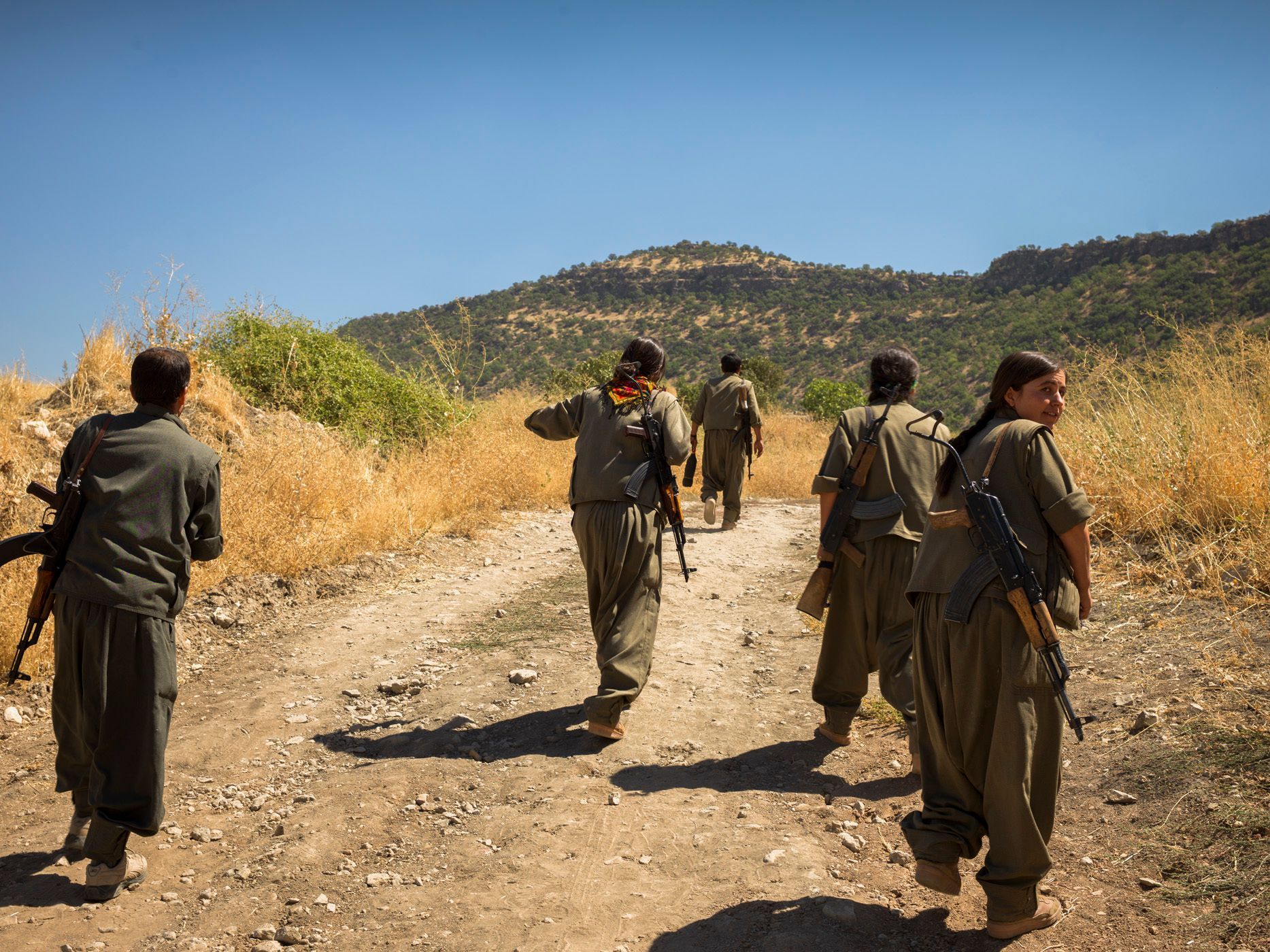
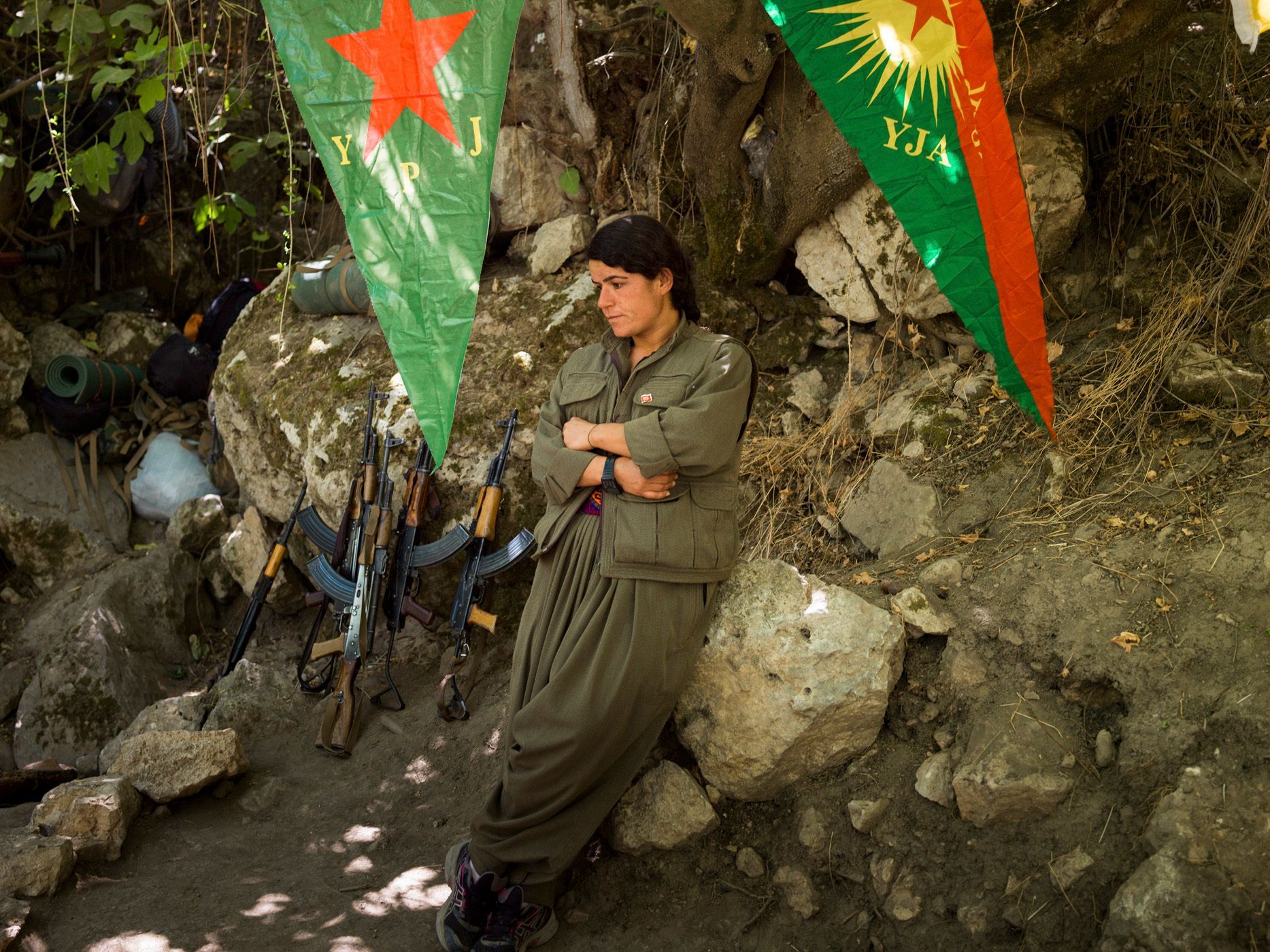
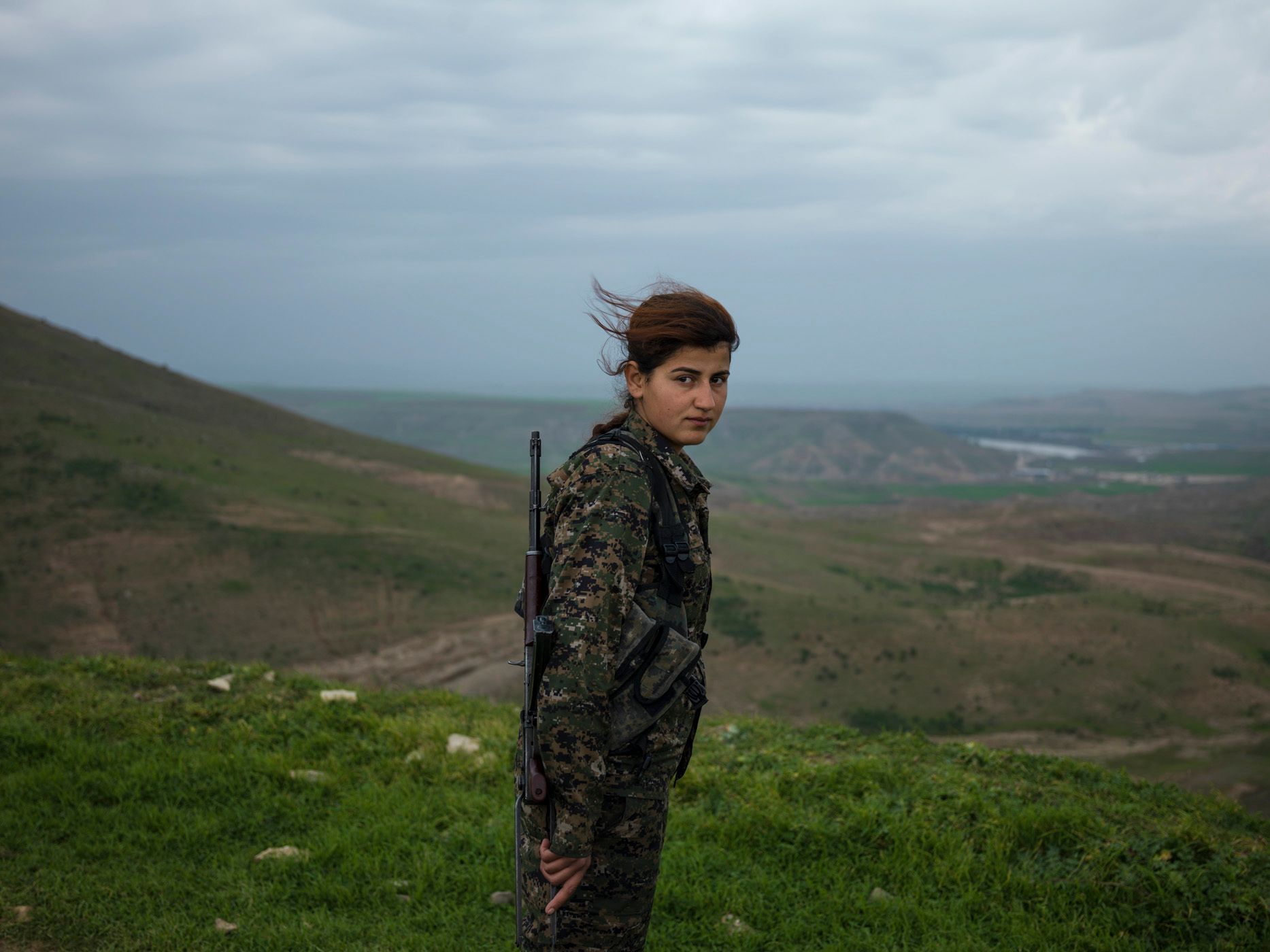
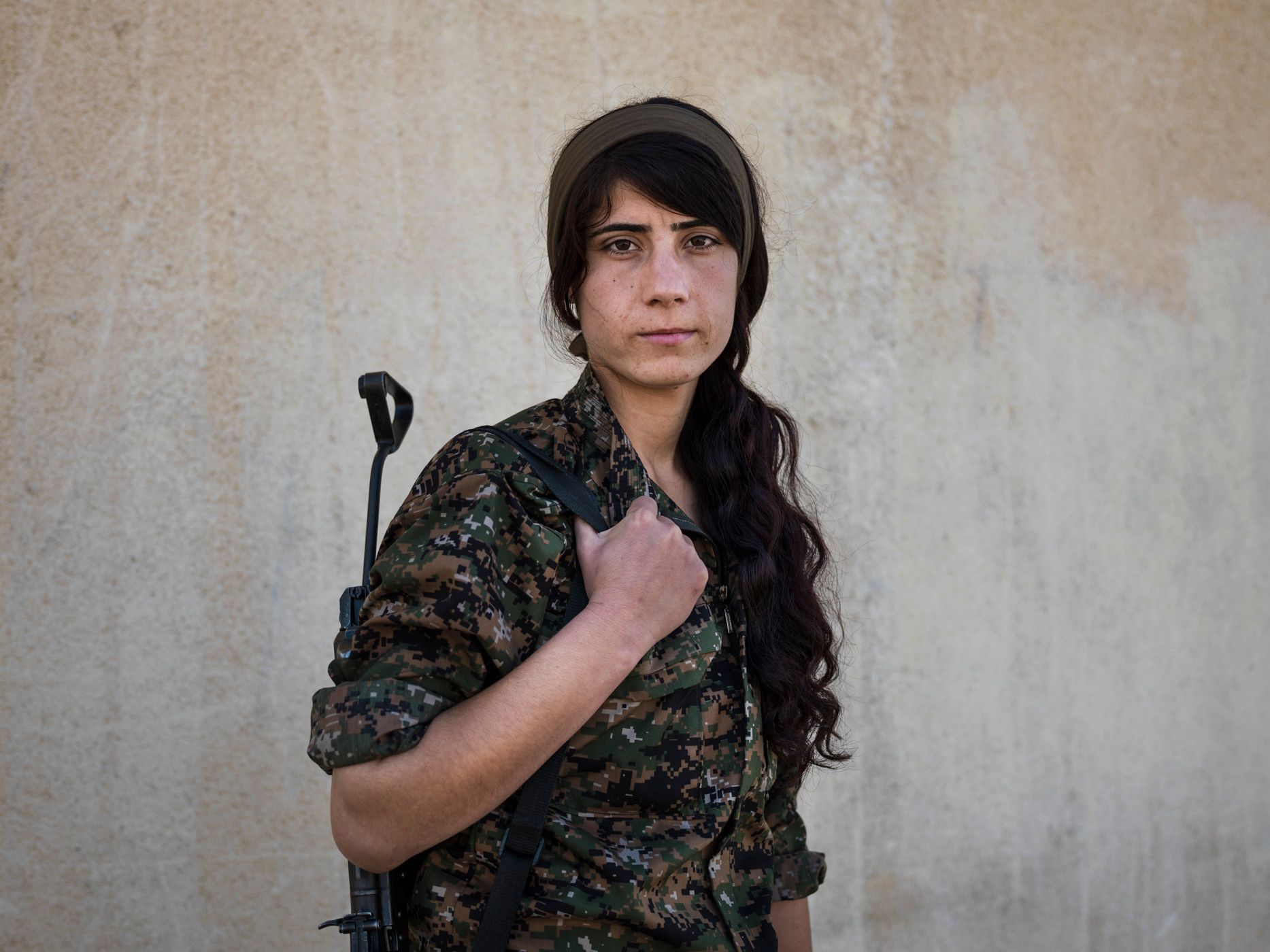
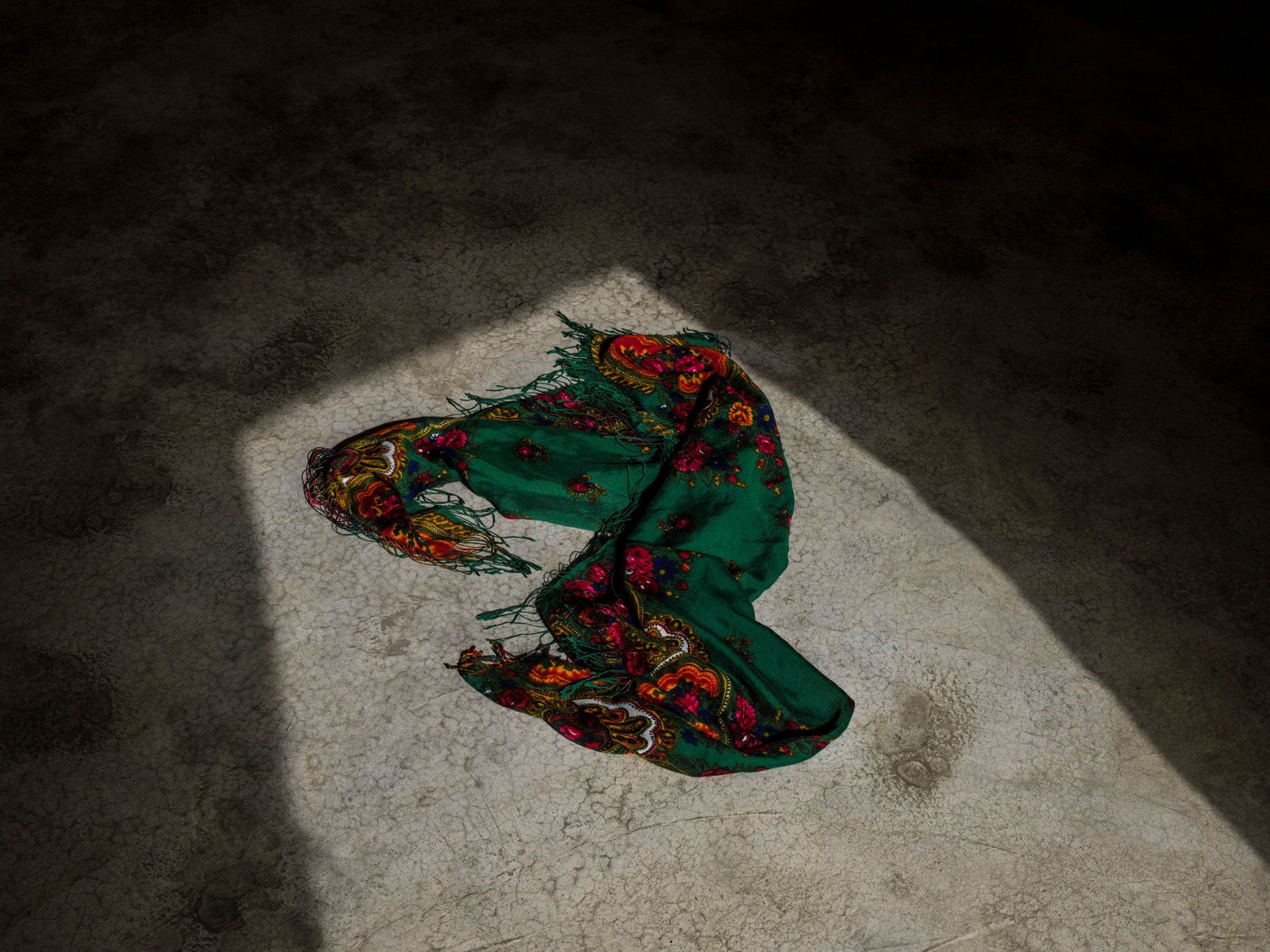
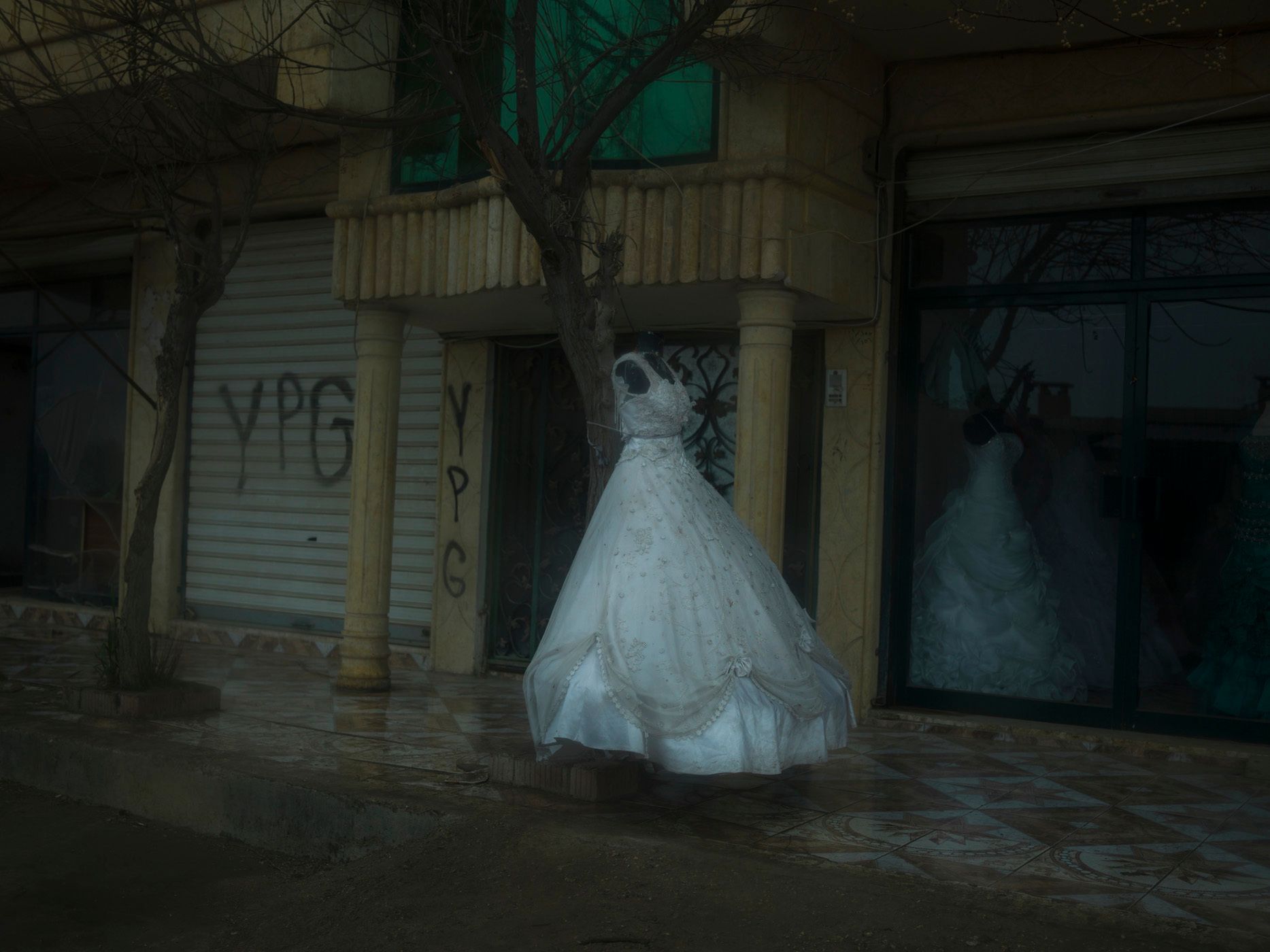
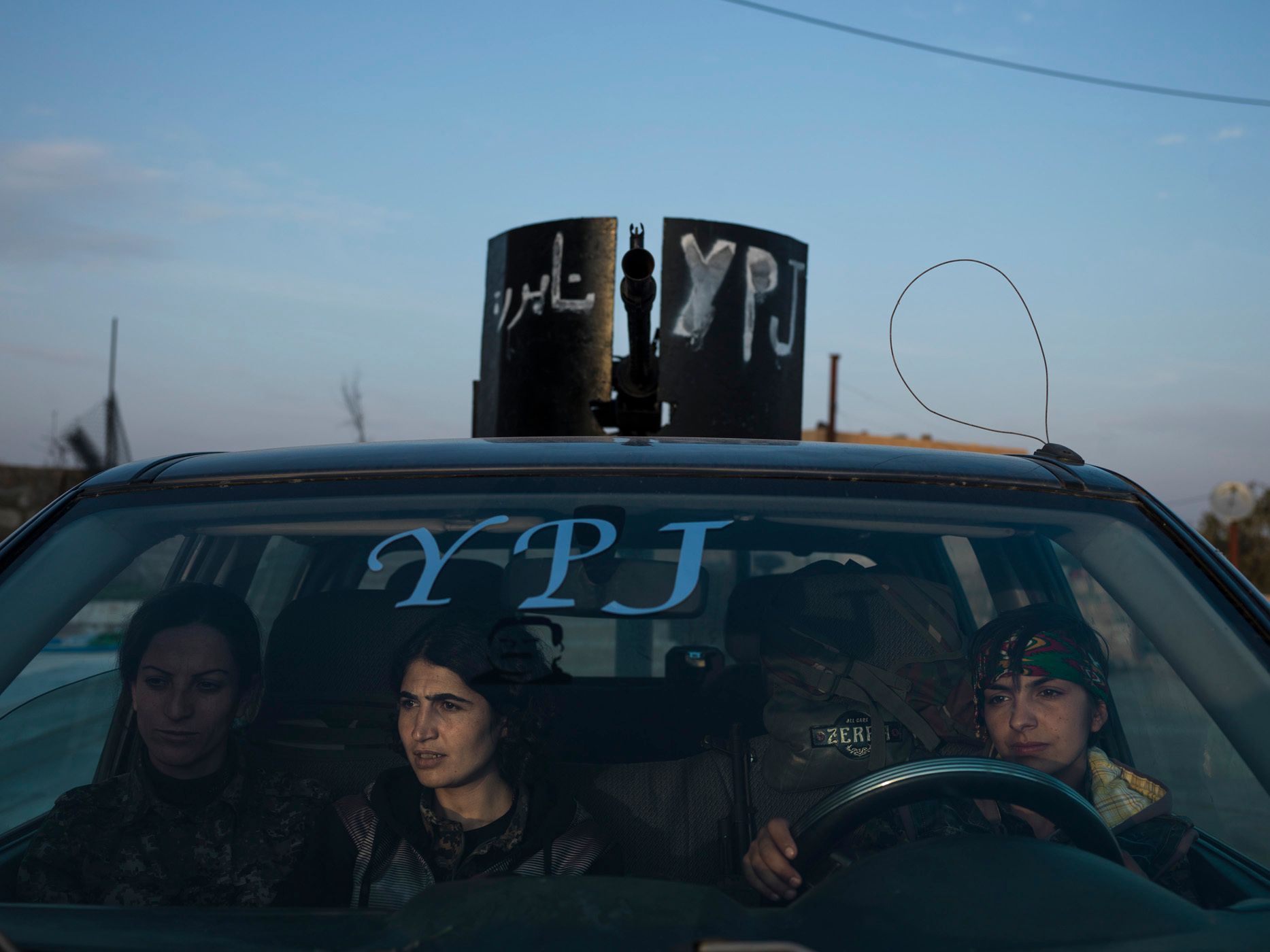
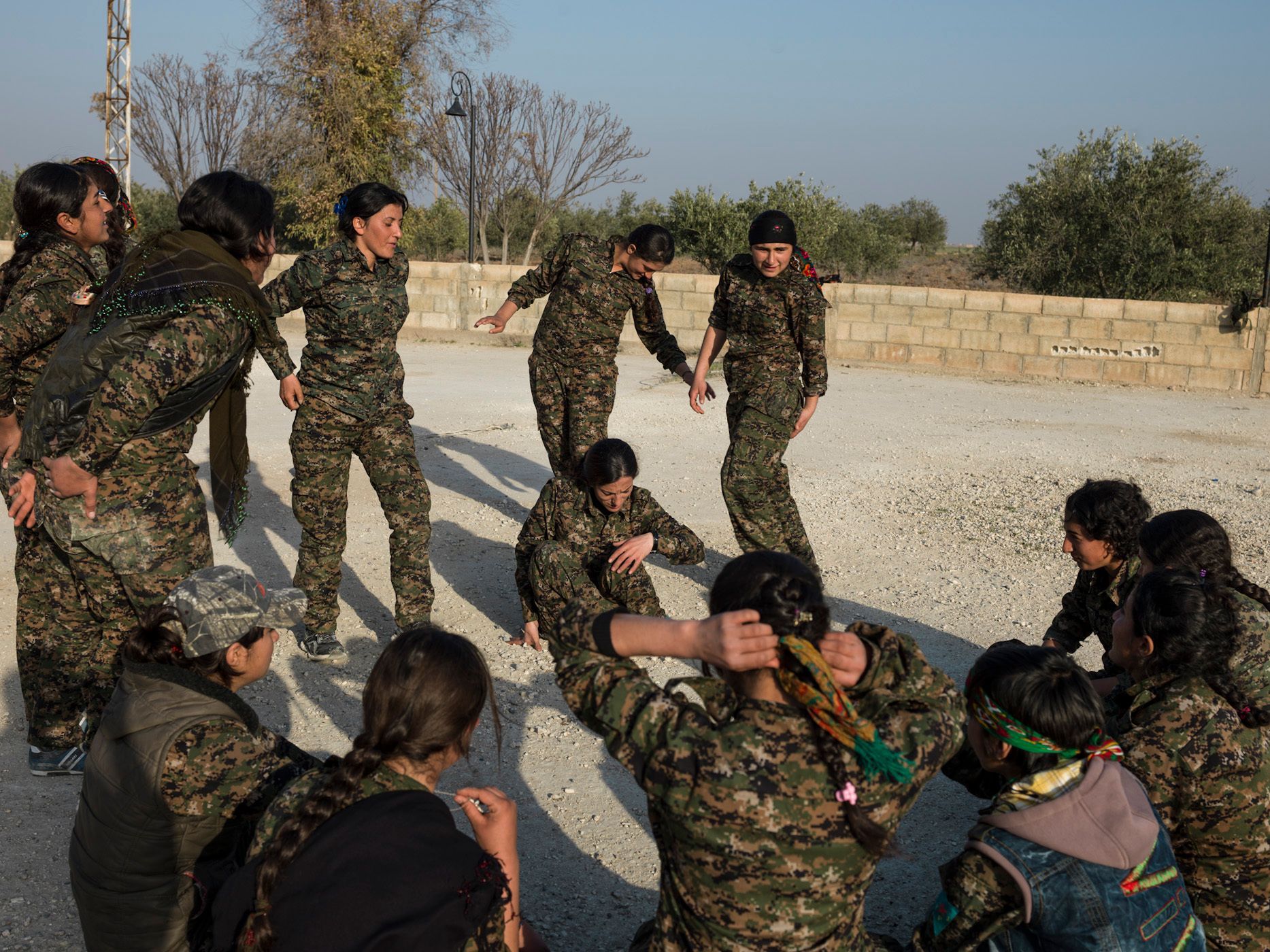
Newsha Tavakolian "Ocalan's Angels"
Newsha Tavakolian by Arash Ashorinia
Translated by Lubov Borshevsky
New and best




